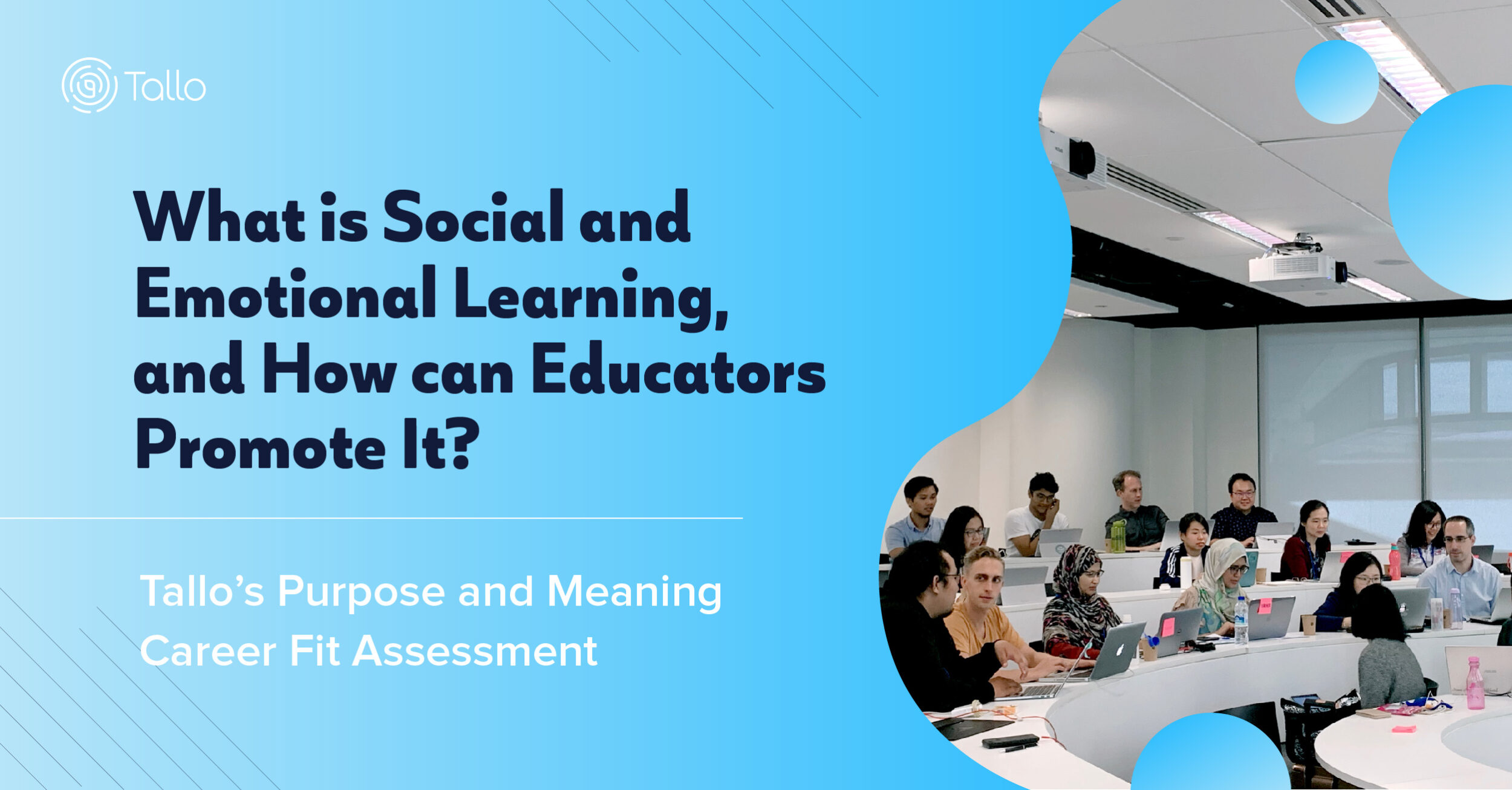Career exploration in high school doesn’t necessarily mean pinpointing the exact job you’ll pursue for life. It’s more about discovering a career cluster—a group of related careers—that sparks your interest. This approach allows you to access the right resources and begin setting achievable career goals, without the pressure of committing to a single, specific job.

Helping Students Find Help with Career Planning
The moment you step into high school, it often feels like every adult starts probing, “What’s your plan after graduation?” While this question can quickly become tiresome, it also tends to be a major stressor. Deciding on a career path can seem daunting, especially when making small daily decisions can be challenging enough.
Here’s the secret: you’re not expected to have it all figured out.
Career planning is an ongoing journey that spans well past your high school years. Let’s explore how high school students can effectively engage in career planning and lay the groundwork for future success.
Career Planning Doesn’t Mean “Pick Your Dream Job”
Many guides simplify career planning for high school students to a formula: choose a dream job, pick the right college major, and then secure a lucrative career. However, this oversimplified view can be misleading and overwhelming.
Career planning isn’t a one-off decision. It’s a continuous process of exploration and adaptation. For high school students, it’s more about career exploration—investigating different fields of work that might interest you—enabling you to make more informed decisions later.
The truth is, nobody can plan out their entire career path, no matter where they are in life. Your interests and skills will change over time, what you want from your job may change, and you may be surprised by unexpected career opportunities.
Plenty of people eventually change their career path—48% of people who changed jobs between 2019 and 2021 switched to an entirely different field. Changing tracks throughout life is common; your career isn’t fixed in place.

Career Clusters: Finding the Right Field
If you’re asking, “What job do I want after I graduate?” you’re asking the wrong question. Instead, you should ask, “What career clusters interest me?”
A career cluster is a group of jobs and occupations that are closely related. These clusters include areas like marketing, STEM careers, arts, education, hospitality, and law. Many positions within a cluster share the same or similar skills and underlying goals.
Curious about career clusters? CareerOneStop provides an overview of each career cluster, and the National Bureau of Labor Statistics offers the Occupational Outlook Handbook, which can help you learn more about specific jobs in a cluster.
Finding which career clusters interest you allows you to investigate potential careers and potentially establish a few relevant career goals without firmly committing to a specific job or career path. That way, you have the resources available to start making more specific goals but still have plenty of flexibility in case you later realize that this is the wrong field for you.

Where Can I Find Help with My Career Plan?
You’re the only one who can decide what career is right for you. But that doesn’t mean you must take on career planning alone. Many career planning resources are available.
Plenty of high schools offer college and career planning resources to help you move forward after graduation. Talking to your school counselor is often the best way to start, as they have information on local resources that can help you plan your way forward. Your school might also partner with online resources like Tallo to help you connect with mentors and resources.
You’ll set, adapt, and refine many career goals. It’s normal not to have your whole career planned out in high school; most people don’t. But developing your initial career goals early on will help you get a head start on your future and lead to a career where you will ultimately thrive.
Click here to visit Tallo’s new Career Navigator and start your search.
.post-thumbnail img {display:none;}







